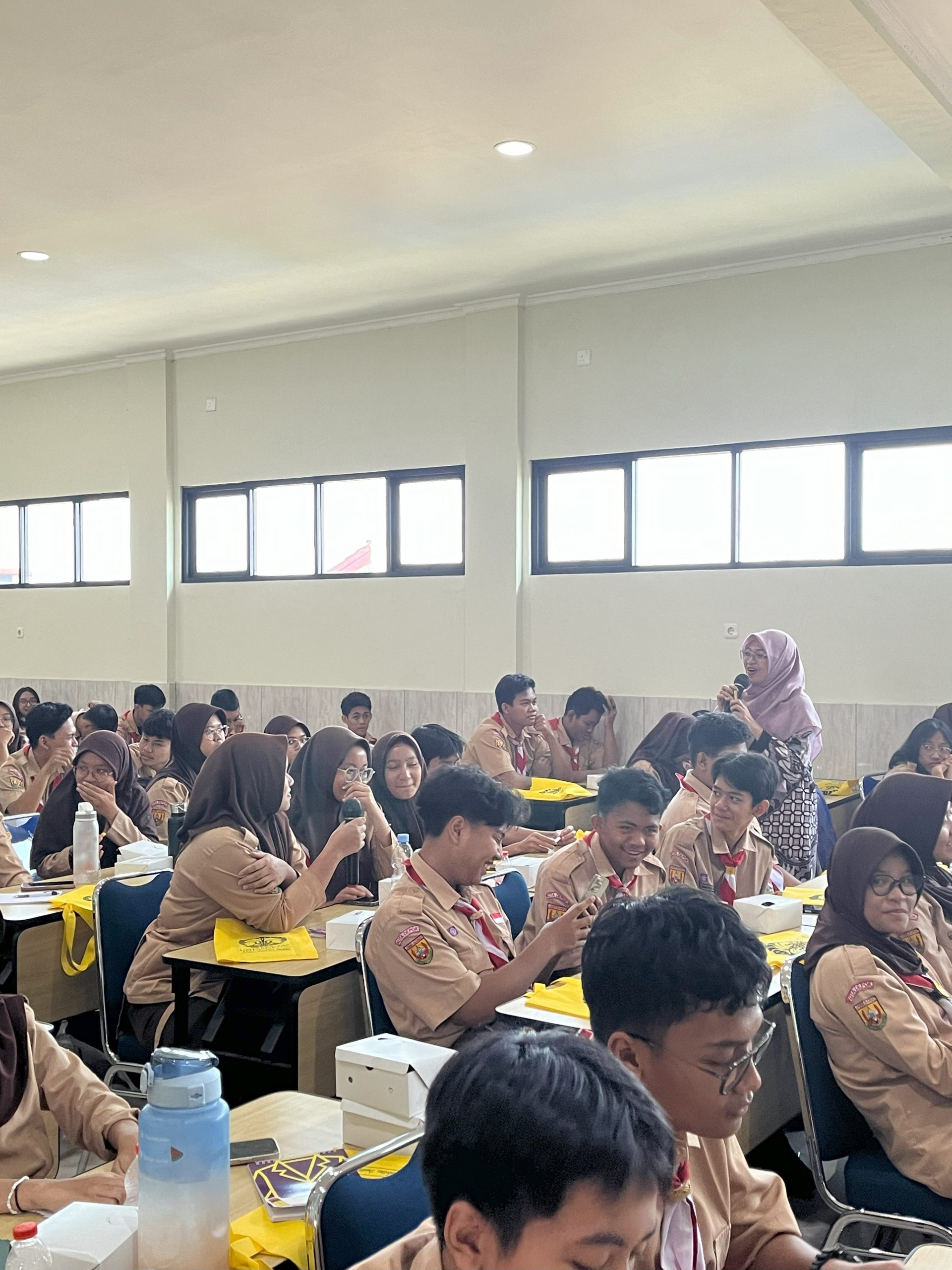Depok, September 18, 2024. Stunting remains a priority health issue for the Indonesian government, with the national prevalence reaching 21.1% (Indonesia Health Survey, 2024), despite the previous target being 14% by 2024. The prevalence of stunting in Depok City was recorded at 14.3% in 2023. Therefore, the Depok City Health Office has launched the Zero New Stunting program to anticipate the increase in new stunting cases in the city.
Various efforts to address stunting, particularly in pregnant women and toddlers, have been made, such as providing supplementary feeding for pregnant women with Chronic Energy Deficiency (CED) or those underweight, as well as for undernourished toddlers, along with promoting exclusive breastfeeding. The provision of Iron Supplement Tablets (TTD) has also been a national program for the past 50 years, but the prevalence of anemia in women of reproductive age and pregnant women remains high.
This indicates that while prevention and mitigation efforts for stunting in pregnant women may have some impact, they are still considered somewhat delayed. This is because improving nutrition in pregnant women, which is expected to have an effect on the fetus and the child, takes a significant amount of time. Therefore, efforts to prevent the increase of new stunting cases in the future must focus more upstream.
It is known that 1 in 3 adolescent girls in Depok City experience anemia (a low red blood cell count and/or hemoglobin in the blood). Without proper intervention, these anemic adolescent girls will become anemic pregnant women, who are at risk of giving birth to babies with low birth weight (LBW), contributing to future stunting prevalence.
In light of this, Nurul Dina Rahmawati, S.Gz., M.Sc., a lecturer in the Department of Nutrition, Faculty of Public Health (FPH) at the Universitas Indonesia (UI), led a Community Service Program themed “Healthy Adolescents (Teen Room): Innovative Efforts to Improve Adolescent Health, Nutrition, and Productivity,” which was held at SMA 1 Sejahtera Depok. The event was attended by 100 11th and 12th-grade students, the Principal, the Vice Principal for Student Affairs, the Red Cross Youth (PMR) Coordinator, and several subject teachers. Previously, a similar program that not only offered the Healthy Adolescent Module but also a video game application called “Nutrition Impact” was organized in Jakarta and Banten Province in collaboration with the local Health Office and regional governments. This time, in collaboration with the Depok City Health Office, Teti Erikawati, A.Md. Keb., the Family Health Program Manager, shared ideas about tackling anemia in Depok City, including hemoglobin screening and weekly Iron Tablet (TTD) consumption in schools.
“The three main nutritional health issues in Indonesia are: Overnutrition, Undernutrition, and Anemia. In Depok City, the high prevalence of anemia among adolescent girls may be due to the percentage of TTD consumption, which has only reached 61%, below the national target of 75%, even though TTD distribution to schools and madrasahs in Depok City has reached 100%,” said Teti. The Principal of SMA 1 Sejahtera Depok, Handoko Budi Setiawan, S.Pd., emphasized the importance of adolescent competitiveness in order to pursue higher education at state universities and other prestigious campuses, which is crucial to support future productivity. This was further emphasized by Nurul Dina, “Anemia and stunting have a cross-generational impact: with low adolescent achievement, adult productivity will also be hindered, increasing the risk of having stunted children in the future.” Therefore, as future mothers for the next generation, adolescent girls need to prioritize their health to avoid anemia and also avoid early marriage, which adds both physical and emotional burdens to adolescents.
The community service activity conducted by Nurul Dina and the team at SMA 1 Sejahtera Depok received positive feedback not only from the teachers but also from the students. “The education and material presented were very useful. I am grateful that SMA Sejahtera 1 Depok was chosen as one of the venues for this outreach program. We gained a lot of valuable knowledge that can be easily applied in daily life. I hope that activities like this can continue and receive more attention from the wider community, as they relate to the future of our nation’s next generation,” said Rachmatya Gladiola Wildan, a student from class XII IPS 2.
Another positive impression of the program was shared by Mrs. Wati, the PMR Coordinator at SMA 1 Sejahtera Depok. “We are very happy with the visit from the students of the Faculty of Public Health UI to our school, providing health education for adolescents. We hope that with this education, our female students will be more active in regularly taking Iron Tablets to prevent anemia and malnutrition. We hope that this collaboration will continue in the future,” concluded Mrs. Wati.

